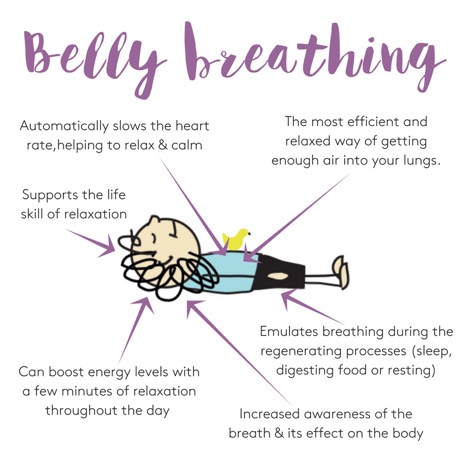Communication Challenges with Face Masks
As face masks are required in most public spaces now, individuals with communication difficulties are challenged in new ways. Face masks alter speech loudness, block facial expressions, and reduce the overall quality of speech. Consider using gestures with your whole body instead of relying on facial expressions to ensure a clear message is conveyed. Also, try to use louder, clear speech whenever possible. Transparent face masks are becoming increasingly more available and are a great option as well. Individuals often rely on lip-reading to aid in their comprehension, so try to supplement this the best you can by using an alternative face mask, visual supports, and reducing background noise. Please visit asha.org for more support regarding face masks.



